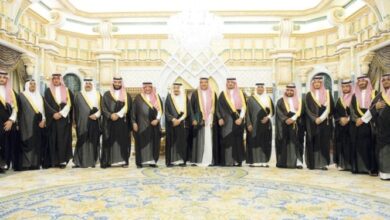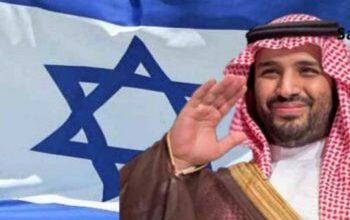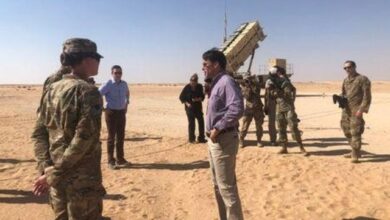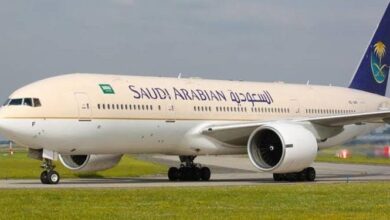Facts that prove the contradiction of Muhammad bin Salman’s promises
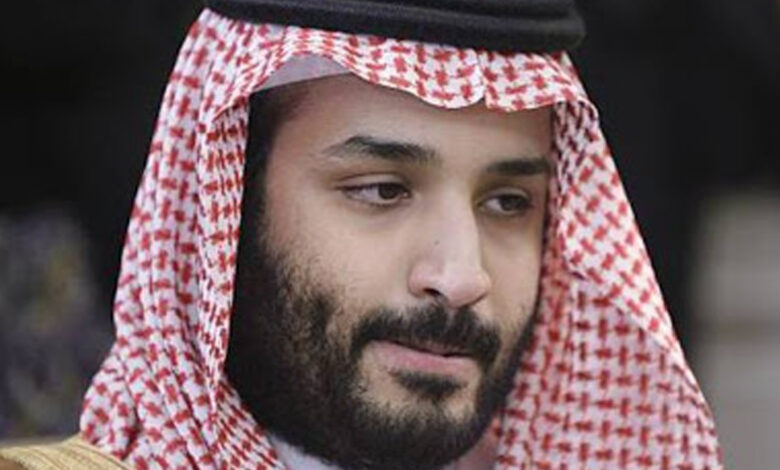
Facts prove the contradiction and lies of Mohammed bin Salman’s promises in his media interviews and his intentional promotion of delusion to the Saudis, whether concerning economic projects or foreign relations.
Ibn Salman was known for his lack of media appearances and meetings. However, his meetings with the media brought many contradictions, promises and lies, which contradict what is happening on the ground.
And because his interviews with the local media are dominated by falsification, drumming and flattery, this survey is not covered, as the focus is on his interviews with foreign media.
In 2016, Mohammed bin Salman stated that the war in Yemen was nearing its end and then returned to say in 2019 that he was optimistic that the war would soon be over.
But in fact, bin Salman presented several initiatives to the Houthis (the last of which was a few days ago), all of which were rejected, and they responded by bombing several oil facilities in the Kingdom.
And in 2016, bin Salman said: “We consider ourselves the main ally of the United States in the Middle East!”
But in reality, relations are witnessing unprecedented tensions between the two countries, and bin Salman has not been able to meet or contact President Joe Biden or even meet with any US minister for more than a year.
Bin Salman has repeatedly promoted a pledge to stop relying on oil as a major source of income. He stated in 2016 that by 2020, the oil will no longer be a major source of income.
But in fact, oil still constitutes 60% of income sources, taxes 31%, and non-oil imports only 9%, according to official statistics for the year 2021 in the Kingdom.
Bin Salman also stated in 2016 that the kingdom’s non-oil revenues would be raised to more than an additional $1 billion.
However, non-oil imports (and non-taxes taken from citizens’ pockets) decreased by 90 billion riyals in 2021 to only 78 billion riyals, down from 168 billion riyals in 2017.
And in 2016, bin Salman said we only have a sin tax (taxes imposed on harmful goods), and some taxes may be imposed on luxury goods.
The reality shows that the value-added tax was approved in 2018 at 5% and raised to 15% in 2020, with the imposition of other fines, which constitute a third of government imports according to 2021 statistics.
Bin Salman also pledged in 2018 that “there will be no imposition of new taxes until 2030,” while the value-added tax was raised from 5% to 15% in 2020, with dozens of fines and other financial penalties imposed on citizens, which are now burdening citizens, especially Tabqa.
In regional relations, bin Salman accused the State of Qatar in 2018 of recruiting some people to spy, and in 2022 he said that the dispute with Doha was “a quarrel between family members!”.
But later, bin Salman was forced to restore the relationship with Qatar without fulfilling any of the 13 conditions set by the kingdom as a condition for reconciliation and an end to the boycott.
In the file of the murder of the assassinated journalist Jamal Khashoggi, bin Salman stated in 2018 that he did not know anything about the crime, although his advisor Saud Al-Qahtani headed its implementation.
Bin Salman said in 2019 that “whenever the accusation is proven against anyone, regardless of his position, he will be referred to the court without any exception,” while the reality is that Saud al-Qahtani is still at large and an advisor in the court, even if he does not appear in public.
In his projects file, bin Salman stated in 2018 that the first town, Neom, will be completed in 2020, and most of the employees will move to it, and we will have two to three towns every year.
But in reality, the town was not completed, and the projects faltered. Only the royal palaces and the airports attached to them were completed, and the displacement of villages and the killing of Abdul Rahim Al-Huwaiti.
In 2018, he said, speaking about foreign investment, that the possibility of surprises is now reduced to 1%.
But a report by Forbes magazine in January 2022 described foreign investment in Saudi Arabia as “down to earth” with the sharp decline in foreign investment indicators.
These contradictions and false promises are only examples and there is more, which proves Mohammed bin Salman’s policy of selling illusions and false promises to the Saudi people and that he is not fit to lead the Kingdom, no matter how much the media promotes him and describes him as a “leader and inspirer.”

